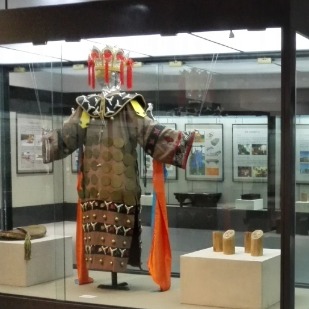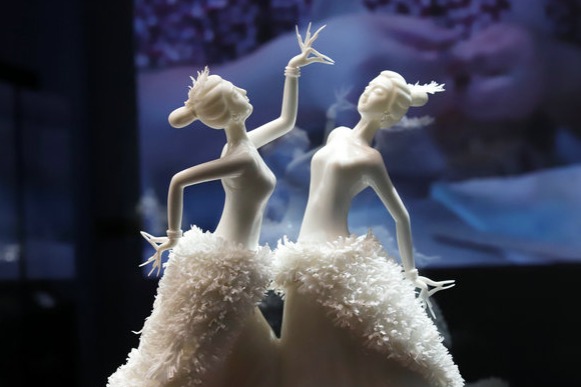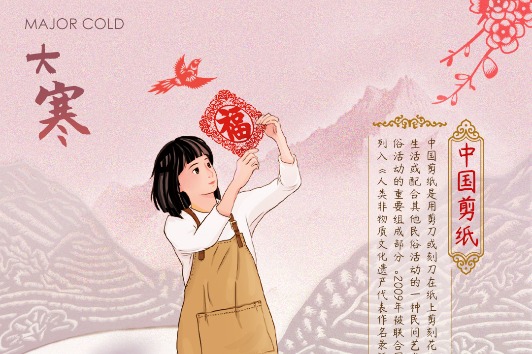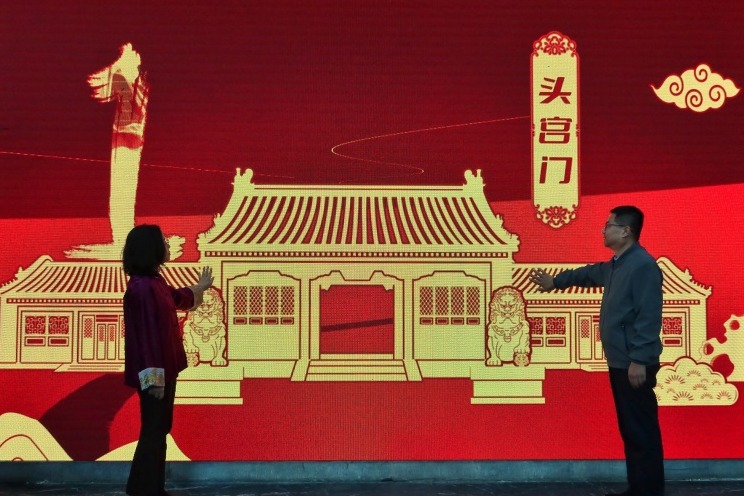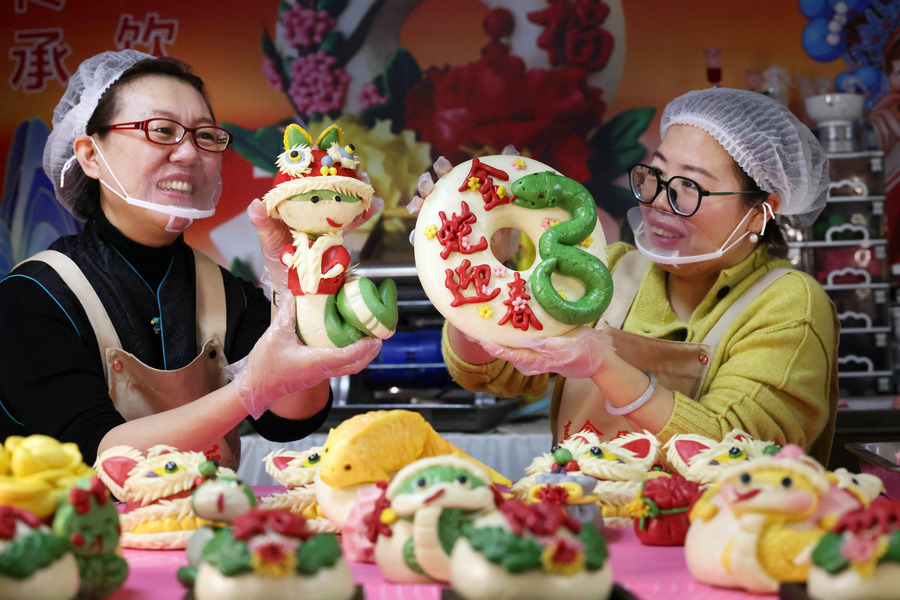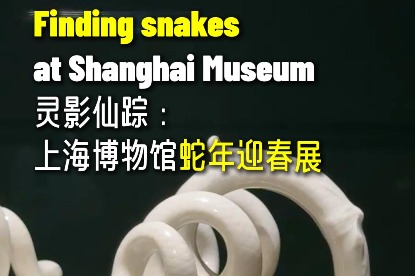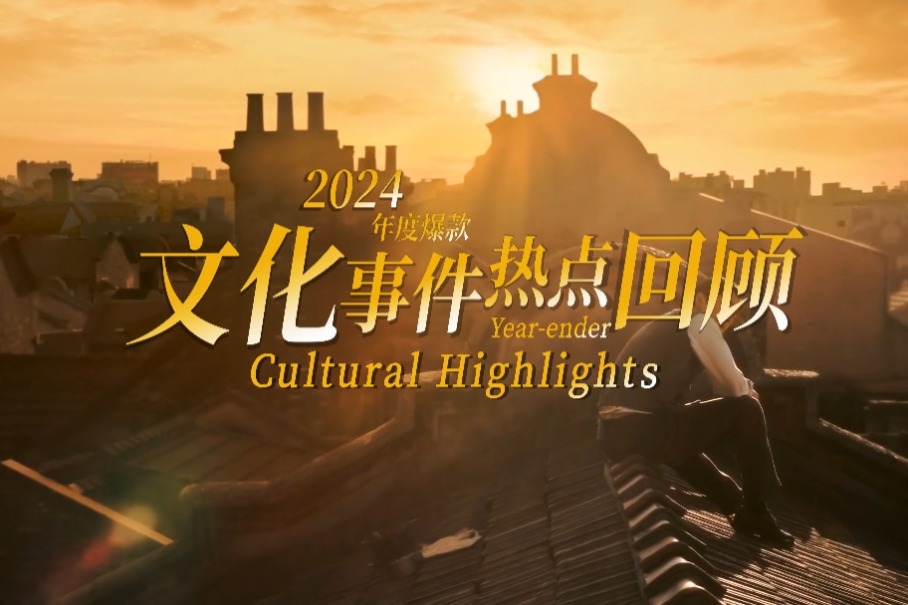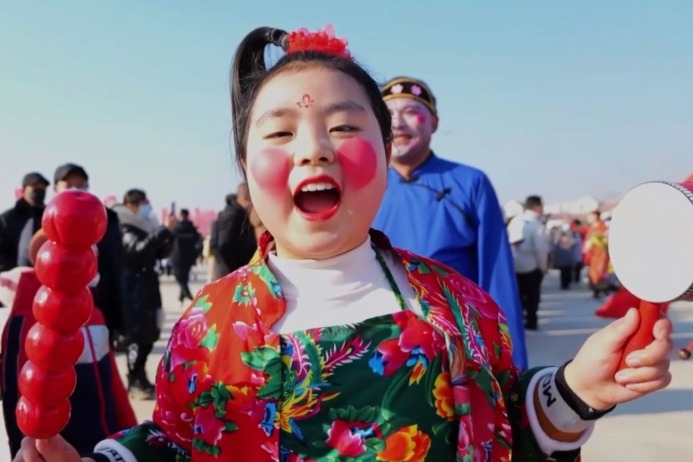Farmer's collection of ethnic Daur items a rich harvest

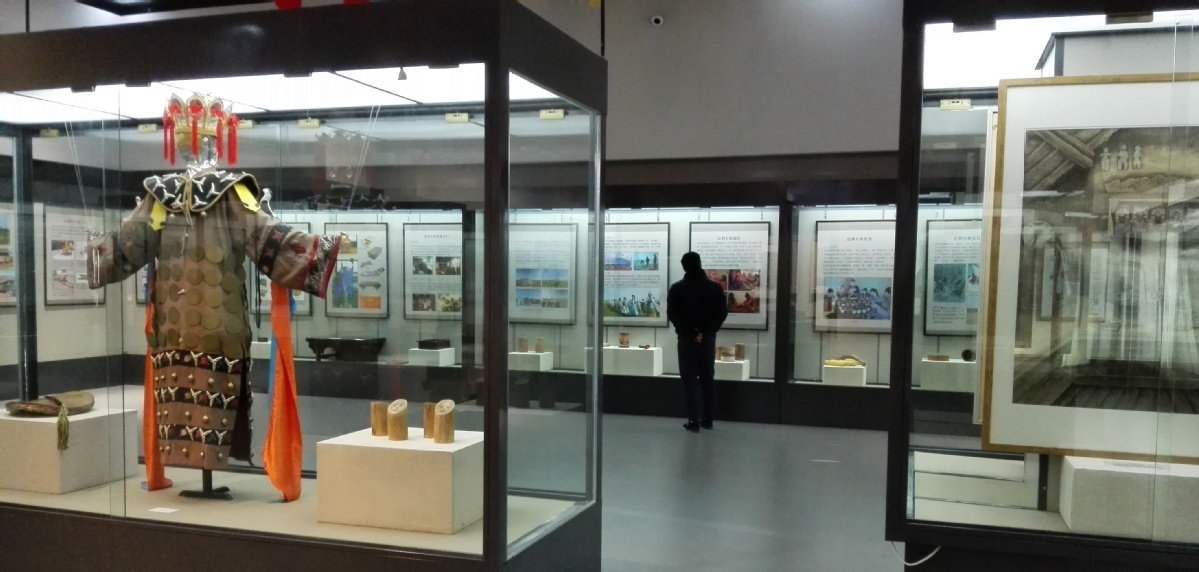
"I'm in charge of looking for Daur folk treasures and the government pays the bill; I'm in charge of preparing the exhibition and the government organizes people to visit the museum," says E Tiezhu.
"Our cooperation is very satisfying. Both sides are making a joint effort to preserve our past."
In collecting the objects, which are scattered far and wide, the farmer has traveled all across the Daur Autonomous Banner of Morin Dawa where he lives, and even to places like the city of Qiqihar in Heilongjiang.
Once he took a fancy to a birch bark utensil during a visit to the home of a local resident in his banner. The resident charged 2,000 yuan ($283) for the utensil and refused all attempts to bargain.
In attempt to get a better deal, E Tiezhu pretended to turn around and leave, but the resident didn't ask him to stay.
In the days that followed, he was unable to get the birch bark utensil out of his mind and returned to the resident's home.
"I want to buy it for an exhibition at the museum in my township. I hope to make our ethnic history and culture known to more people," he explained to the resident.
Moved by his sincerity, the resident finally sold the birch bark utensil to him at a lower price of 500 yuan.
Over the past 12 years, E Tiezhu has collected 205 old Daur items, from cooking utensils and household items to hunting equipment and daily clothing, covering almost every aspect of the daily life of the Daur people.
Now, the museum has become the most culturally vibrant place in the township and receives over 40,000 visits a year.
Working as the curator and the docent for the museum, E Tiezhu lives there and can be found proudly telling the stories behind the items to his fellow villagers and tourists who come to visit.
Someone once tried to buy the birch bark utensil from E for 15,000 yuan, but E Tiezhu politely refused.
"Only by preserving these old items can our ethnic culture be passed on," E Tiezhu says.


